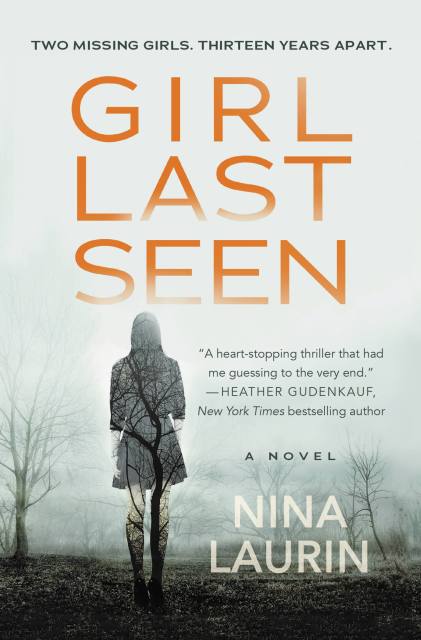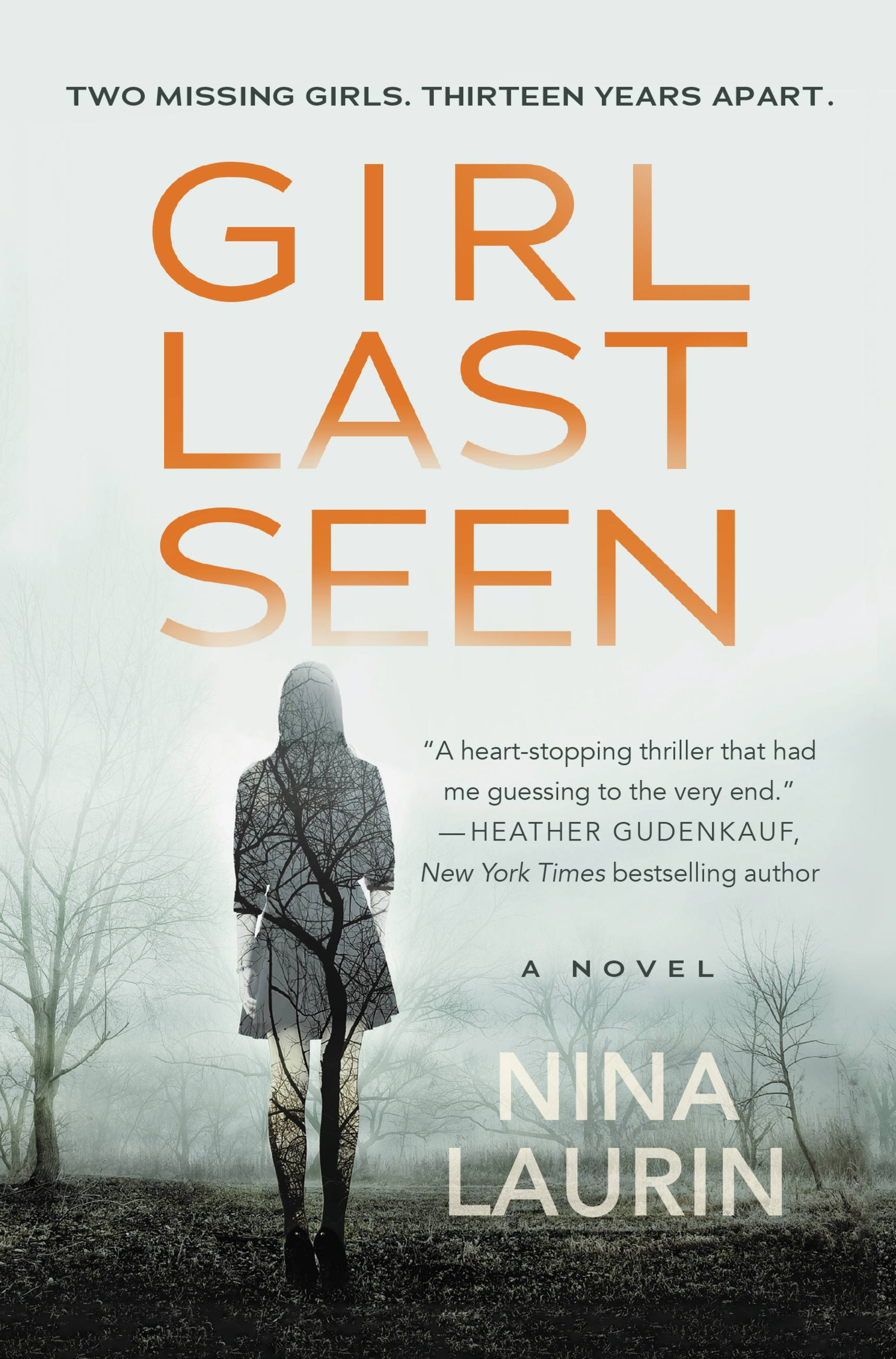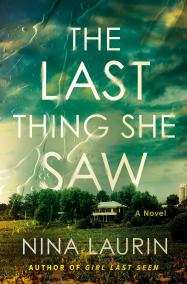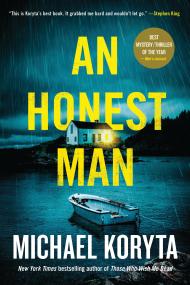Promotion
Shop now and save 20% on your back-to-school purchases & get free shipping on orders $45+ Use code: SCHOOL24
Girl Last Seen
A gripping psychological thriller with a shocking twist
Contributors
By Nina Laurin
Formats and Prices
Price
$9.99Price
$12.99 CADFormat
Format:
- ebook $9.99 $12.99 CAD
- Audiobook Download (Unabridged) $24.98
- Trade Paperback $14.99 $19.49 CAD
This item is a preorder. Your payment method will be charged immediately, and the product is expected to ship on or around June 20, 2017. This date is subject to change due to shipping delays beyond our control.
Also available from:
Two missing girls. Thirteen years apart.
Olivia Shaw has been missing since last Tuesday. She was last seen outside the entrance of her elementary school in Hunts Point wearing a white spring jacket, blue jeans, and pink boots.
I force myself to look at the face in the photo, into her slightly smudged features, and I can’t bring myself to move. Olivia Shaw could be my mirror image, rewound to thirteen years ago.
If you have any knowledge of Olivia Shaw’s whereabouts or any relevant information, please contact…
I’ve spent a long time peering into the faces of girls on missing posters, wondering which one replaced me in that basement. But they were never quite the right age, the right look, the right circumstances. Until Olivia Shaw, missing for one week tomorrow.
Whoever stole me was never found. But since I was taken, there hasn’t been another girl.
And now there is.
-
"Every good thriller has a shocking plot twist. Girl Last Seen has many. Author Nina Laurin's eerie novel will stay with you for days, months, even years to come."HelloGiggles.com
-
GIRL LAST SEEN by Nina Laurin is a chilling suspense about two missing girls whose stories intertwine - perfect for Paula Hawkins fans."EliteDaily.com
-
"A well-written and compelling novel that offers more than suspense; it offers a deeper understanding of how sexual assault can leave its victims broken. Ms. Laurin is to be congratulated for her achievement."NYJournalofBooks.com
-
"4 Stars! This debut novel is a gritty thriller with dark twists you won't see coming. The heart breaking, heart-racing journey...will keep you guessing to the nail-biting end."TheSuspenseIsThrillingMe.com
-
"Debut novelist Nina Laurin has created a memorable character in complicated, flawed and endearing Laine Moreno. From the very first page, GIRL LAST SEEN jettisons the reader into the life of a crime victim trying to outrun her past. Fast-paced and hard-edged, it is a heart-stopping thriller that had me guessing to the very end."Heather Gudenkauf, New York Times bestselling author of The Weight of Silence and Not a Sound
-
"Girl Last Seen gripped me from start to finish. Lainey Moreno is a riveting heroine, a kidnapping survivor who will only escape her demons if she faces her greatest fears, and Nina Laurin brings her vividly to life. Psychological suspense doesn't come much grittier or more packed with satisfying twists and turns."Meg Gardiner, Edgar Award-winning author of Unsub
-
"GIRL LAST SEEN hooked me so quickly I might have whiplash. This is a sharp, twisting, intense thriller, the heartbreaking and fast-paced story of a woman who bears the scars of a trip to hell and back but who refuses to be defeated. Don't miss this smashing debut!"David Bell, bestselling author of Bring Her Home
-
"Laurin creates a compelling, vulnerable central character."Publisher's Weekly
- On Sale
- Jun 20, 2017
- Page Count
- 368 pages
- Publisher
- Grand Central Publishing
- ISBN-13
- 9781455569007
Newsletter Signup
By clicking ‘Sign Up,’ I acknowledge that I have read and agree to Hachette Book Group’s Privacy Policy and Terms of Use







